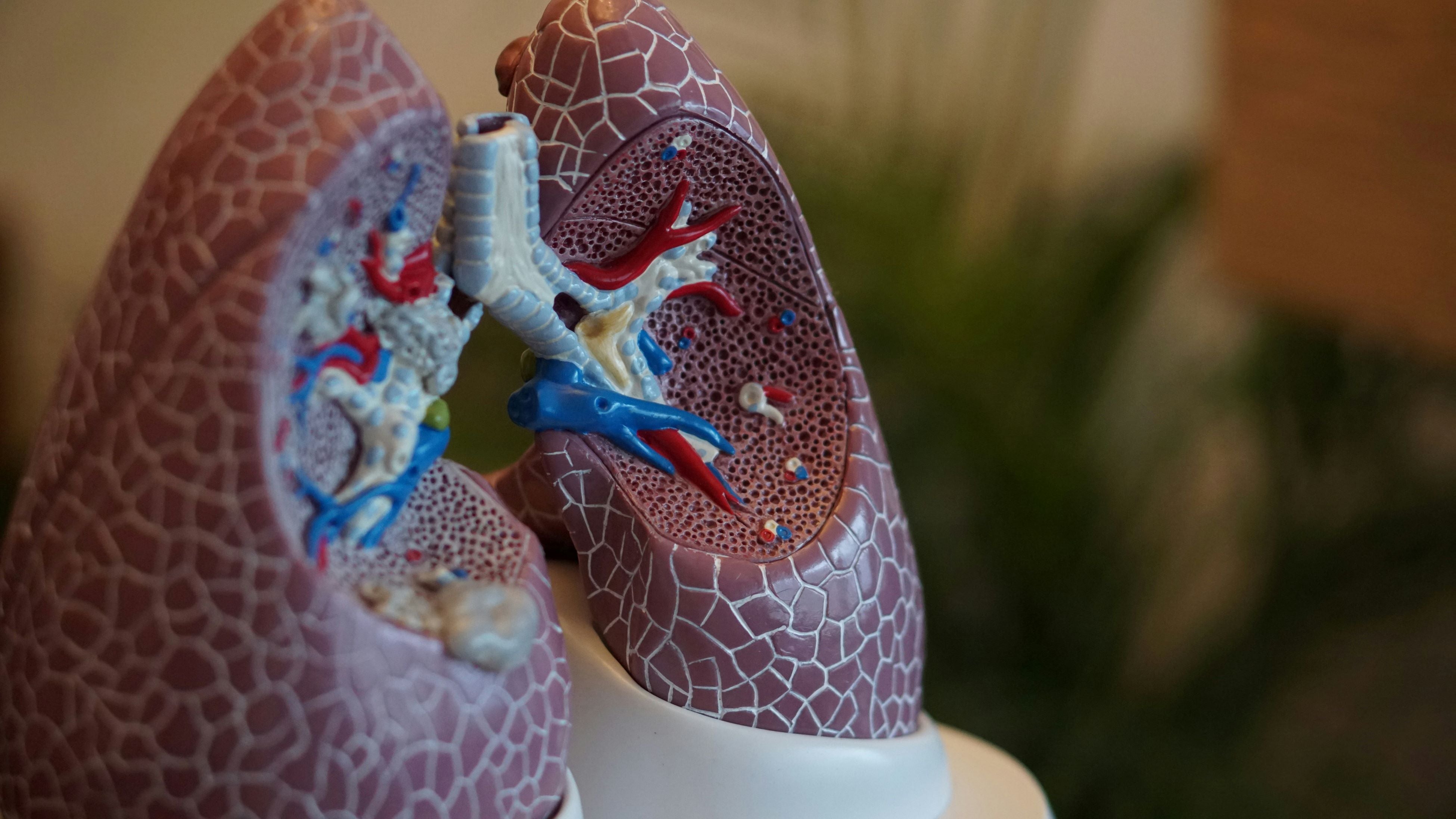Navigating Lung Cancer: Understanding Treatment Options and Advances

Lung cancer is a complex and challenging disease that requires a multifaceted approach to treatment. Understanding the available treatments is crucial for patients and their families navigating this journey. Here's a comprehensive overview of lung cancer treatments:
- Surgery: Surgical intervention involves removing the tumor and, in some cases, nearby lymph nodes. Suitable for early-stage lung cancer.Types: Lobectomy, pneumonectomy, and segmentectomy.
- Chemotherapy: Chemotherapy utilizes drugs to kill cancer cells or inhibit their growth. Used at different stages, often in combination with surgery or radiation. Systemic chemotherapy affects the entire body, while regional chemotherapy targets specific areas.
- Radiation Therapy: High-dose radiation is employed to destroy or damage cancer cells. Used as a primary treatment or after surgery to eliminate remaining cancer cells. Types: External beam radiation and brachytherapy.
- Targeted Therapy: targeted drugs focus on specific molecules involved in cancer growth. Effective for certain types of lung cancer with specific genetic mutations. Examples: EGFR inhibitors, ALK inhibitors.
- Immunotherapy: Enhances the body's immune system to identify and destroy cancer cells. Used for advanced-stage lung cancer, particularly non-small cell lung cancer (NSCLC). Examples: PD-1 inhibitors, PD-L1 inhibitors.
- Clinical Trials: Participation in clinical trials explores innovative and experimental treatments. Considered when standard treatments are ineffective or unavailable.
- Palliative Care: Focuses on relieving symptoms and improving the quality of life. Integrated at any stage of lung cancer treatment.
- Multidisciplinary Approach: Collaboration among various specialists ensures a holistic and personalized treatment plan. Applicability: Beneficial at all stages, considering individual patient needs.
Effective lung cancer treatment often involves a combination of these approaches, tailored to the specific type and stage of the disease. Regular communication with a healthcare team, exploring new advancements through clinical trials, and incorporating supportive care contribute to a comprehensive strategy for managing lung cancer.